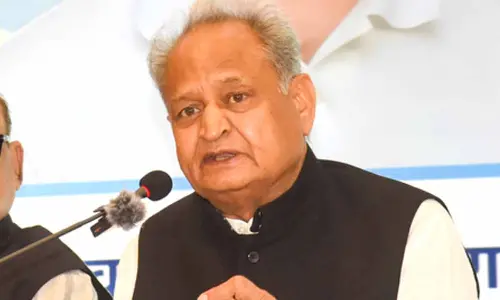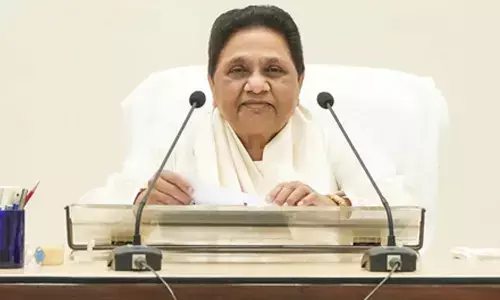Real estate attracts $34 bn PE investment

Indian real estate has attracted $34 billion private equity investment since 2014, largely in commercial real estate because of slowdown in housing demand, according to property consultant Knight Frank and RICS.
New Delhi: Indian real estate has attracted $34 billion private equity investment since 2014, largely in commercial real estate because of slowdown in housing demand, according to property consultant Knight Frank and RICS.
In their report Brick by brick - Moving towards 'Housing for All', Knight Frank and Royal Institute of Chartered Surveyors (RICS) on Tuesday said that 10 million homes will be delivered by 2022 as targeted by the government.
However, they projected that additional 25 million affordable homes will be required by 2030 because of rapid urbanisation.
"Since 2014, around $34 billion has been invested in Indian real estate across debt and equity.
Commercial segments, which comprises office, retail and warehousing, has garnered majority share of this in the form of equity investments. The residential segment had 31 per cent share and most of it was in the form of debt," the report said.
The share of residential segment has shrunk over the years due to slowdown in the housing sector, it added.
However, the report noted that private equity investments into affordable housing projects has grown over the years and the segment has witnessed investments of close to $2 billion since 2014.
On supply side, the report said the current estimate of housing shortage in urban areas is around 10 million units.
Most of the housing shortage lies in the Economically Weaker Section and Lower Income Group segment.
As of July 2019, 8.36 million houses have been sanctioned by the government under the "Housing for All" initiative. Construction for 4.9 million units has begun and 2.6 million units have been completed.
Given the past trend, additional 1.64 million houses are likely to be sanctioned by December 2019, making it highly possible to achieve the 10 million houses target by 2022.
Projected subsidy disbursement over next three year for the same is projected to Rs one trillion.
The RICS-Knight Frank report estimated that by the year 2030 more than 40 per cent of the Indian population will live in urban India as against current 34 per cent.
This is likely to create a demand for 25 million additional affordable units. However, the report said a subsidy-based approach may not be enough for maintaining sustained growth in the affordable housing segment.
Nimish Gupta, MD, South Asia – RICS said, "The government is set to achieve the target 10 million by 2022, which is an unparalleled achievement, globally! Going by the rate of urbanisation this requirement will grow 2.5 ½ times to 25 million urban affordable houses".
Gupta said the sector has to devise sustainable growth model, with private and public development agencies collaborating to create an ideal ecosystem.
Shishir Baijal, CMD of Knight Frank India, said, "Affordable housing is a high potential segment that the private development companies are yet to explore to its potential".
Unlike other segments of housing, he said the affordable housing poses an interesting challenge involving strategies at all levels.

















